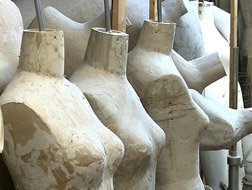 “A cautionary story of labor and greed, Schmatta: Rags to Riches to Rags follows the decline of the once-robust apparel manufacturing industry in the U.S., while chronicling the industry’s relationship with unions and government. From the “Garmento” to the seamstress, from the designer to the marketing maven, from the small businessman to the financier, Schmatta offers a firsthand account of how the industry helped generations of Americans march out of poverty and right into the golden age of the American middle class. But while Schmatta reminds us of the early days of the garment industry and its heyday, it also probes its troubling decline, which has occurred largely within the last 30 years. In 1965, 95% of American clothing was made in the U.S.A.; by 2009, only 5% is manufactured here.
“A cautionary story of labor and greed, Schmatta: Rags to Riches to Rags follows the decline of the once-robust apparel manufacturing industry in the U.S., while chronicling the industry’s relationship with unions and government. From the “Garmento” to the seamstress, from the designer to the marketing maven, from the small businessman to the financier, Schmatta offers a firsthand account of how the industry helped generations of Americans march out of poverty and right into the golden age of the American middle class. But while Schmatta reminds us of the early days of the garment industry and its heyday, it also probes its troubling decline, which has occurred largely within the last 30 years. In 1965, 95% of American clothing was made in the U.S.A.; by 2009, only 5% is manufactured here.
Director Marc Levin focuses his lens on Manhattan’s Garment District, an eight-block area on Manhattan’s West Side which gave birth to the domestic industrial labor movement, and played a key role in major American political activities. From its immigrant origins in the 19th Century, the labor movement rose quickly against deplorable sweatshop conditions. In recent years, however, the realities of automation, deregulation, globalization and outsourcing – all part of the race to the bottom line – eventually eroded the industry’s unprecedented momentum (more)” (HBO Synopsis)
Click here to read the review by Women’s Wear Daily, “HBO Heads Inside the Garment Center” by Rosemary Feitelberg.
Premieres Oct. 19 th-click here for showtimes.
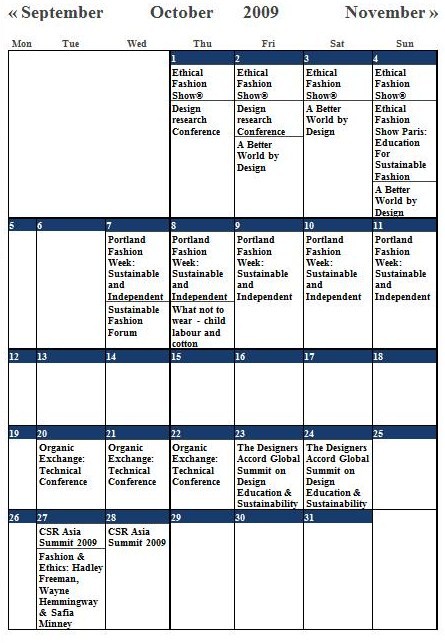
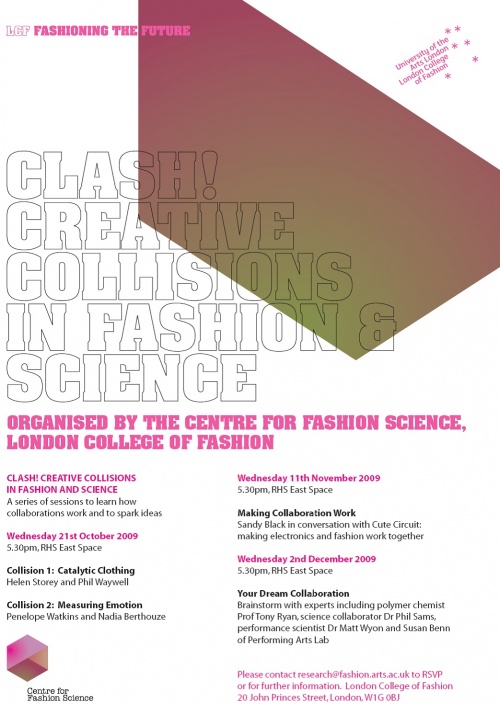
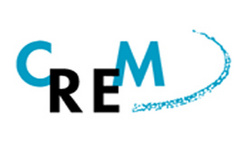

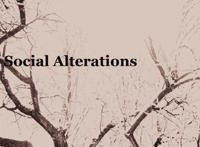
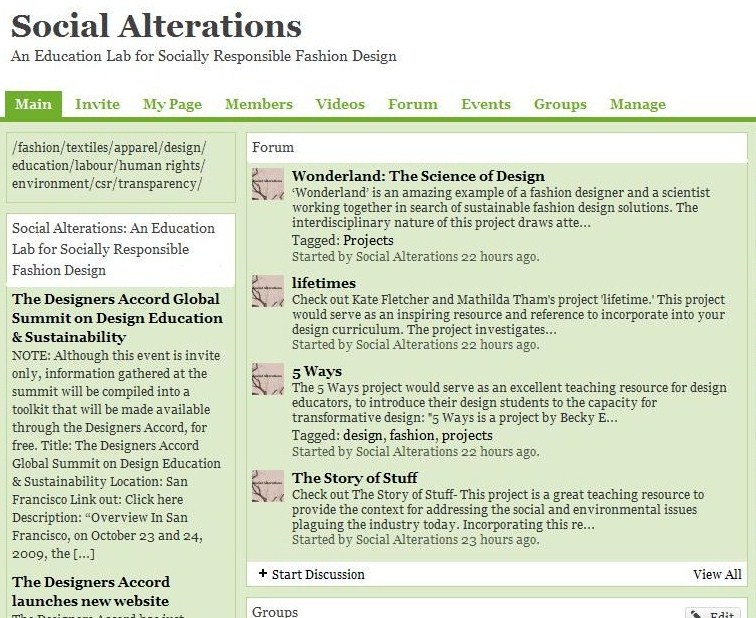
 The International Day for the Remembrance of the Slave Trade and its Abolition was August 23rd. To mark the occasion, the ILO (International Labour Organization) has launched a new book on forced labour, titled “Forced labor: Coercion and exploitation in the private economy.”
The International Day for the Remembrance of the Slave Trade and its Abolition was August 23rd. To mark the occasion, the ILO (International Labour Organization) has launched a new book on forced labour, titled “Forced labor: Coercion and exploitation in the private economy.”
